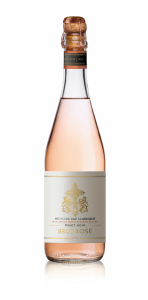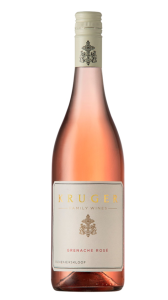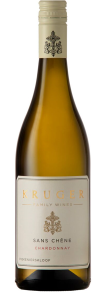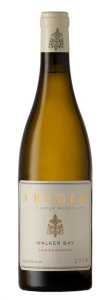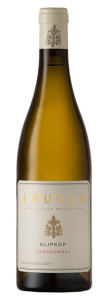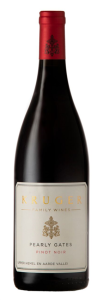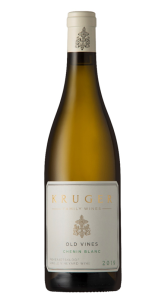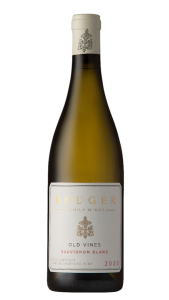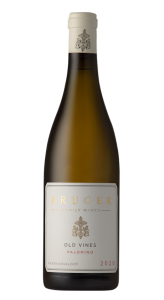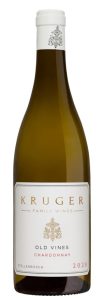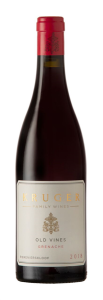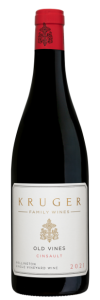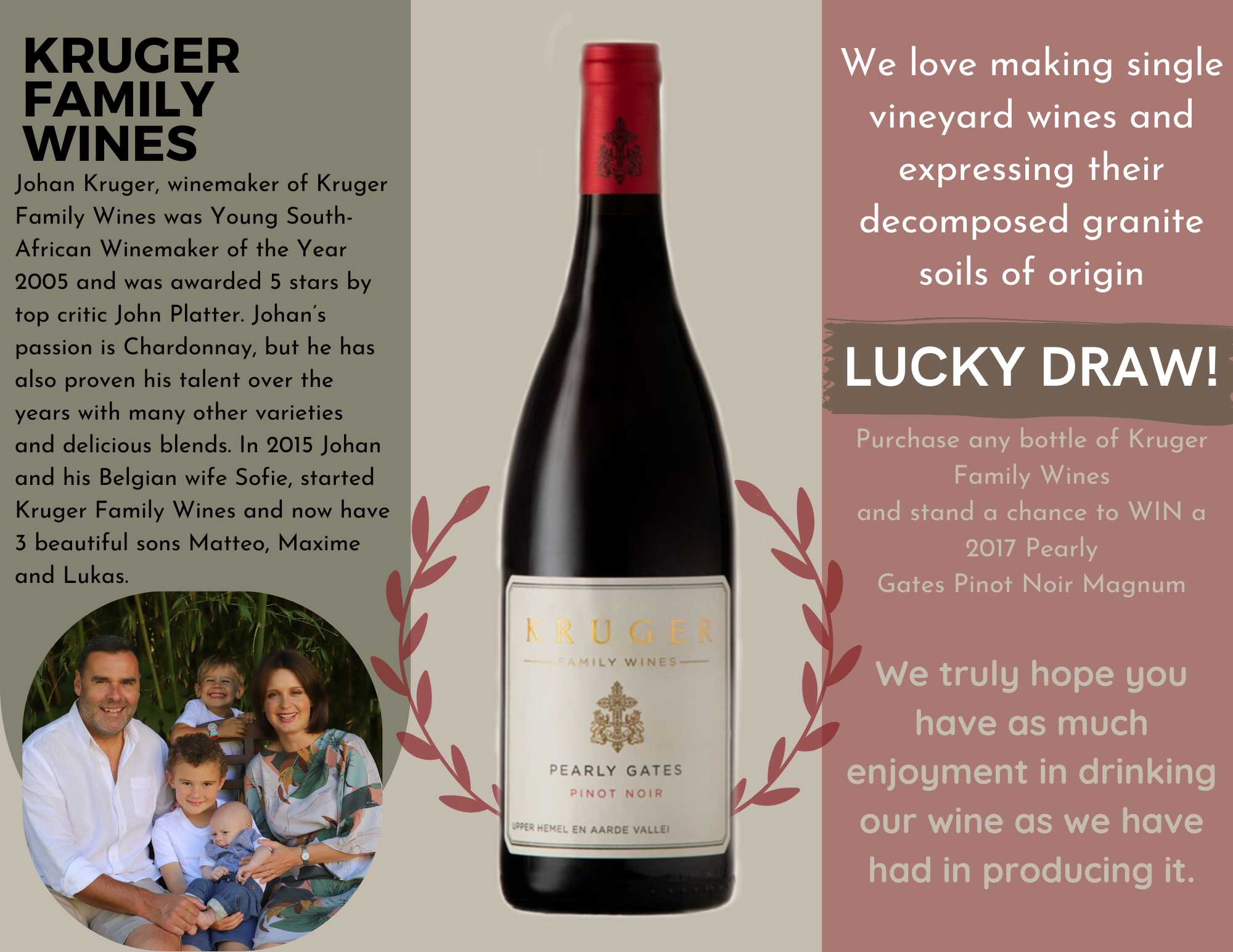Our Wines
- MCC
- Rosé
- Chardonnay Collection
- Pinot Noir Collection
- Old Vine Collection
2019 MCC Brut Rosé – Hemel & Aarde
Cap Classic from Upper Hemel-en-Aarde pinot. Pale salmon blush, creamy mousse and quite cherry notes on refreshing, truly dry. Older oak ferment, 9 months adds further dimension.
The Pearly Gates Farm, owned by JHN Hanekom, produces the Pinot Noir grapes used for our Pearly Gates Pinot Noir. The vineyard consists of two neighboring vineyards on 500 meters above sea level in the Upper Hemel and Aarde Valley. Complexity is already reached in the vineyard by having half of the surface planted with east west row direction and half with north south row direction. The vineyard was planted in 2003 with 7 different clones on loam rich top soil, situated on clay and also areas with decomposed granite, resulting in natural low pH and high acidity. Three of these clones are Champagne clones and we used to harvest this with the grapes from the whole vineyard, until 2019, when we decided to harvest these clones earlier to make our first Upper Hemel and Aarde Brut Rose Methode Cap Classique.
The grapes where pressed whole bunch to extract very little color, after this the juice was fermented in neutral barrels and aged for 6 months on the lees before bottling for fermentation in bottle in September 2019. We kept the wine on the lees in bottle for 14 months and degorged with zero dosage! The result is a complex, layered and refreshing Upper Hemel and Aarde Brut Rose!
2020 Grenache Rosé – Piekenierskloof
It has a salmon pink brilliance, concentration of the wild, intense red berries, spice and lingering savouriness. Sense of effortlessness and freshness.
Partnering with Johan Van Zyl from the farm Heidedal in the high mountains of Piekenierskloof, we put much effort into this Grenache vineyard and winemaking to produce a very individually styled rose wine. The grapes are grown on 700 meters above sea level on decomposed granite soils and were picked beginning February 2019 to keep the freshness and perfumed fruit for our KFW Piekenierskloof Grenache Rose intact.
In the winery we did 100% whole bunch press to ensure a lighter color, followed by natural fermentation in stainless steel which started slowly after three days and lasted almost two weeks. After fermentation the wine was kept on the fine lees for 6 months before bottling. The result is an honest wine and true to Piekenierskloof Grenache Rose – reflecting where it comes from.
2019 Sans Chêne Chardonnay - Piekenierskloof
Characterful unoaked Chardonnay, nutty creamy, with ripe citrus highlights. Substance and light grip add to distinction. Mainly stainless-steel, 30% concrete egg.
Our Sans Chêne Chardonnay is an effort to silence those who think of “ unoaked “ Chardonnay to be of lesser quality than it`s wooded family members!
Partnering with Johan Van Zyl from the farm Heidedal in the high mountains of the Piekenierskloof Valley, we put much effort into this vineyard and winemaking to produce a very individually styled wine. The grapes are grown on 700 meters above sea level on decomposed granite soils and were picked mid-February from a mature 20+ year old vineyard.
In the winery we did whole bunch pressing straight to Stainless Steel ( 60 % ) and Concrete Egg ( 40% ) without any additions – natural fermentation started slowly after five days and completed in 28 days after which the wine spent 5 months on the gross lees before preparing ( with minimum intervention ) for bottling.
The result is an honest wine and true to Chardonnay – reflecting where it comes from.
2018 Walkerbay Chardonnay
John Platter 90 points
Our Walkerbay Chardonnay is an effort to produce the best expression of a cold climate Chardonnay from South Africa.
Partnering with Jan Malan from the farm Sir Robert Stanford Estate, very close to the Ocean in Stanford, outside Hermanus in the Cape South Coast, we put much effort into this vineyard and winemaking to produce a very individually styled wine. The grapes are grown on 250 meters above sea level on decomposed granite soils and were picked end February from a vineyard approximately 2.5 kilometers from the ocean.
In the winery we did whole bunch pressing straight to French Oak barrels, without any additions – natural fermentation started slowly after five days and completed in 30 days after which the wine spent 10 months on the gross lees before preparing ( with minimum intervention ) for bottling. The lees was stirred occasionally with NO malolactic fermentation in barrel. The result is an honest wine and true to Chardonnay – reflecting where it comes from.
2019 Klipkop Chardonnay - Piekenierskloof
John Platter 92 points
Our Klipkop Chardonnay is an effort to silence those who think the traditional Chardonnay producing areas are the best one to produce quality Chardonnay.
Partnering with Johan Van Zyl from the farm Heidedal in the high mountains of the Piekenierskloof Valley, we put much effort into this vineyard and winemaking to produce a very individually styled wine. The grapes are grown on 700 meters above sea level on decomposed granite soils and were picked mid February from a mature 25+ year old vineyard
In the winery we did whole bunch pressing straight to French Oak barrels, without any additions – natural fermentation started slowly after five days and completed in 48 days after which the wine spent 10 months on the gross lees before preparing (with minimum intervention ) for bottling. The lees was stirred occasionally, and malolactic fermentation took place in barrel.
2020 Pearly Gates Pinot Noir - Upper Hemel & Aarde Valley
John Platter 94 points
Intriguing red cherry, raspberry, and fresh undergrowth perfume; lightness of touch and seamless strucyure focus, lengthen flavor concentration to a salivating conclusion.
2019 Old Vines Chenin Blanc - Piekenierskloof
John Platter 90 points
From Piekenierskloof, High-lying official registered single-vineyard planted in 1962. Sense of earthy ripe substance rather than overt fruit. Powerful with weighty silk texture, even touch, oily yet uncloying. Unoaked, concrete egg fermented enhances distinction. An age worthy individual.
Tim Atkin 92 points
Partnering with Potgieter Van Zyl from Bergendal in the high Piekenierskloof Mountain of Citrusdal, we put much effort into this vineyard and winemaking to produce a very individually styled wine. The grapes are grown on 700 meters above sea level on decomposed granite soils and were picked beginning February from a mature 57-year-old vineyard.
In the winery we did whole bunch press to concrete egg, natural fermentation which started slowly and completed in 14 day gave this wine a very complex, layered flavor profile,. The wine spent 8 months in concrete egg before preparing (with minimum intervention ) for bottling. The result is an honest wine and true to Old Vines Chenin Blanc from Piekenierskloof – reflecting where it comes from.
Tasting notes: Granite, dusty minerality, quince, citrus, pineapple and herbs come together on a complex nose, with these flavors following through on the palate. The palate is fresh, delicate, yet powerful and rich at the same time, in typical Old Vine Chenin Blanc style.
2020 Old Vines Sauvignon Blanc - Stellenbosch
From single Stellenbosch block planted in 1988. Emphasis oon texture rather tan overt fruit, has weight, breadth cut by bracing fresh core. Natural ferment older oak.
Tim Atkin 91 points
Winemag 93 points TOP 10
Partnering with the Du Bois Family from the farm Sonop on the cooler hillside slopes of Koelenhof, Stellenbosch, we put much effort into this vineyard and winemaking to produce a very individually styled wine. The grapes are grown on 350 meters above sea level on decomposed granite soils and were picked mid February from a mature 37-year-old vineyard, one of the oldest Sauvignon Blanc vineyards in South Africa.
In the winery we did whole bunch pressing straight to neutral French Oak barrels, without any additions – natural fermentation started slowly after five days and completed in 30 days after which the wine spent 10 months on the gross lees before preparing ( with minimum intervention ) for bottling. The lees was stirred occasionally, and no malolactic fermentation took place in barrel. The result is an honest wine and true to Old Vines Sauvignon Blanc – reflecting where it comes from.
2020 Old Vines Palomino - Piekenierskloof
From 46 year old parcel. Textural focus on deep-pile, cushioned feel, contrasted by fresh and savory grip ex few days’ skin contact. Salty-Edge conclusion distinctive imprint. Versatile food partner. Natural fermented, older oak.
Tim Atkin 92 points
Partnering with Potgieter Van Zyl from the farm Bergendal in the high mountains of Piekenierskloof , we put much effort into this vineyard and winemaking to produce a very individually styled wine. The grapes are grown on 700 meters above sea level on decomposed granite soils and were picked mid-February from a vineyard planted in 1974, these Old bush vines gives great concentration and complexity in the final wine.
In the winery we did whole bunch pressing straight to Stainless Steel to settle overnight, after which the juice was transferred to Concrete Egg and older French oak barrels. Without any additions – natural fermentation started slowly after five days and completed in 28 days after which the wine spent 5 months on the gross lees before preparing ( with minimum intervention ) for bottling.
The result is an honest wine and true to Old Vines character, full of flavor and rich in concentration, which reflects where it comes from.
2020 Old Vines Chardonnay - Stellenbosch
John Platter 90 points
From decomposed granite soils on Stellenbosch’s cooler slopes, enjoy sunny yet refined citrus and earthy tones. The juicy flesh is neatly trimmed by a natural freshness, giving a light feel and persistent, clean conclusion. Natural ferment, older oak.
Tim Atkin 91 points
Partnering with the Du Bois Family from the farm Sonop on the cooler hillside slopes of Koelenhof, Stellenbosch, we put much effort into this vineyard and winemaking to produce a very individually styled wine. The grapes are grown on 350 meters above sea level on decomposed granite soils and were picked mid February from a mature 35-year-old vineyard, one of the oldest Chardonnay vineyards in South Africa.
In the winery we did whole bunch pressing straight to French Oak barrels, without any additions – natural fermentation started slowly after five days and completed in 30 days after which the wine spent 10 months on the gross lees before preparing ( with minimum intervention ) for bottling. The lees was stirred occasionally, and no malolactic fermentation took place in barrel.
2018 Old Vines Grenache – Piekenierskloof
Our newly bottled and recent released Piekenierskloof Old Vines Grenache is an effort to bring tribute to the very exclusive Piekenierskloof Old Vines Grenache, which has been described as hens teeth.
Partnering with Johan Van Zyl from the farm Heidedal in the high mountains of the Piekenierskloof Valley, we put much effort into this vineyard and winemaking to produce a very individually styled wine. The grapes are grown on 700 meters above sea level on decomposed granite soils and were picked beginning February from a mature 45 year old vineyard – planted in 1973.
In the winery we did 35% whole bunch natural fermentation which started slowly after three days of cold soak and completed in 7 days, then another 3 days on the skins after the wine was fermented dry. The wine spent 9 months in older large format – 400L and 500L French oak barrels before preparing ( with minimum intervention ) for bottling. The result is an honest wine and true to Piekenierskloof Old Vines Grenache – reflecting where it comes from.
2021 Old Vines Cinsault - Wellington
John Platter 90 points
Partnering with Kobus and DH Van Niekerk from the farm Spes Bona on the higher slopes of Voorgroenberg, Wellington, we put much effort into this vineyard and winemaking to produce a very individually styled wine. The grapes are grown on 300 meters above sea level on decomposed granite soils and were picked beginning February from a mature 70 year old vineyard, planted in 1952.
In the winery we did 100% whole bunch natural fermentation which started slowly after three days of cold soak and completed in 14 days, then another 4 days on the skins after the wine was fermented dry. The wine spent 6 months in older small French oak barrels before preparing ( with minimum intervention ) for bottling. The result is an honest wine and true to Old Vines Cinsault – reflecting where it comes from.
